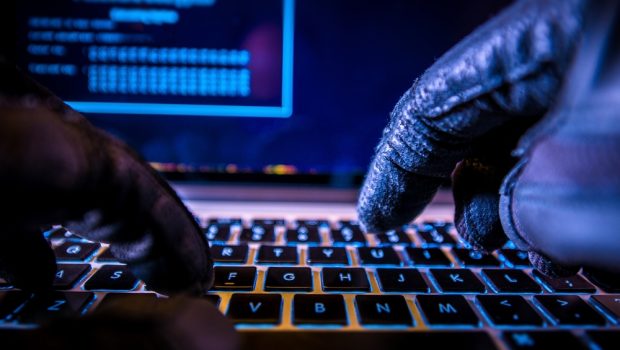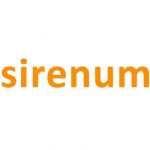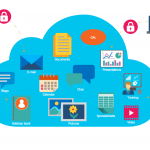Colorado Computer Support: How To Enhance Your Computer’s Safety
According to a study, cybercriminals have stolen 12 billion records in 2018 and will increase by 33 billion records in 2023. These records include personal and financial information, like your name, credit card numbers, or Social Security number. Don’t allow malicious people to breach into your data by ensuring that your computer and its files are properly protected.
That said, below are some things you can do to enhance your computer’s safety to avoid cybercriminals from obtaining and using your data.
Ask the Experts
With the advent of modern technology, cybercriminals have also obtained access to high-tech advancements, allowing them to do their dirty work quickly. For instance, coin mining is considered as having the biggest growth in the cyber crime area in 2017 due to the increase in coin-mining activities. What’s alarming is that coin miners might add your computer to their cryptojacking arsenal, stealing cryptocurrencies online.
If you believe that our computer has been hacked, you have to consult an IT expert or Colorado computer support specialist if you’re from the area. An IT support specialist should check your computer to look for the signs of a cyberattack or cybersecurity breach, and resolve or eliminate virus or malware.
Invest In a Comprehensive Cybersecurity Product
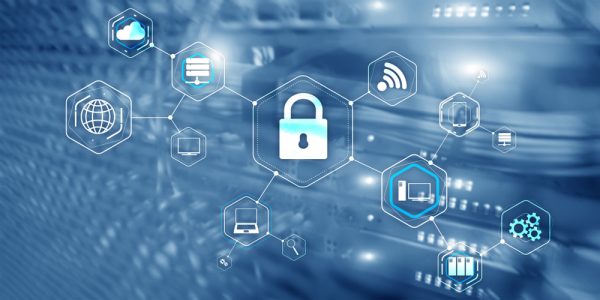
You use your computer to stay connected with your family, friends, and even your workplace. Because the online world is convenient, many people use it for shopping, paying bills, banking, social networking, researching, and so much more. Nowadays, people tend to rely heavily on computers when looking for products and services because review sites and social media help with decision-making when it comes to a purchase.
However, the worst thing that may happen to you in the online world is that your data or information is made accessible to cybercriminals due to poor or a lack of security in your computer’s features. Cyber attackers can easily infect a computer with malware or malicious software in various ways, which is why you need a comprehensive cybersecurity product for your computer.
Invest in antivirus software to protect your computer and the data and files you store in it. Make sure that you have security software installed, so your computer won’t be vulnerable to viruses, ransomware, and malware—cyber threats that are becoming smarter and more damaging as modern technology evolves.
Here are some of the best antivirus programs for Windows computers:
- Norton 360 Deluxe: Provides comprehensive computer protection that comes with antivirus software, password manager, and a virtual private network (VPN) that can protect your computer and internet network against infiltration.
- McAfee Total Protection: Security features include a Vulnerability Scanner, which downloads the latest app versions to protect your computer system. Also, it has email protection, password manager, and an antivirus scanner. You’ll be able to see if there are any unauthorized devices in the “My Home Network” feature of McAfee Total Protection.
- Avast Premier: Get a firewall, ransomware shield, protection tools, a file shredder, and several scan types with Avast Premier. Also, it has a “Do Not Disturb” mode, which prevents pop-ups while you are playing online games.
- Avira Antivirus Pro: This cyber safety product offers malware scans for your router and local network against vulnerabilities and unauthorized devices. Also, it has a Privacy Pal, which is a great feature that can scan your computer system for any digital traces that cybercriminals could use to profile or track you. Avira Antivirus Pro also includes a password manager and browser plugins to protect you while you’re surfing the web.
Avoid Unsafe Computer Practices
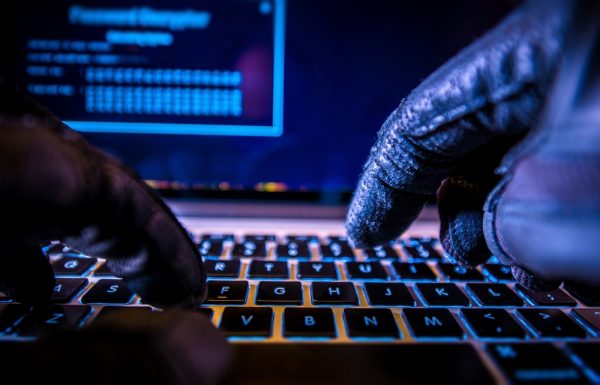
Being too lax in your computer security would make you more vulnerable to cyberattacks. Remember that when your computer is online or connected to the internet, it is also connected to other computers through the network, wherein your information can flow from your home network to the web.
This is why it’s essential to take time configuring the settings of your home router by changing the default configurations. Check the user guide to change the settings because a secure router makes a robust defense against vulnerabilities. Also, it’s important to keep yourself abreast with the latest cybersecurity trends so you can take the necessary steps to protect your data and your computer system.
Here are some tips to avoid unsafe computer practices:
- Avoid Too-Good-to-be-True Online Deals: This is one way cybercriminals lure people to get credit card information.
- Don’t Reveal Any Sensitive Information: Regardless of the website you’re visiting, never give out your credit card information or Social Security number unless you trust a website.
- Avoid Divulging Information on Social Media: Revealing your mother’s maiden name or even your pet’s name could lead to data leaks and identity theft, which could be used to answer security questions on other websites.
- Never Open Unknown Emails: If you’ve received an email from a suspicious or unknown source, avoid opening any attachment that could potentially carry a virus or malware. Don’t click on suspicious links. Immediately delete the email to prevent hacking or becoming a victim of phishing scams.
Enable and Configure Your Firewall
Your computer’s firewall controls the flow of data or information between the internet and your computer. Most home routers have a built-in firewall and so do modern operating systems or OS. Checking your firewall is not complicated as it sounds.
Here are some tips when enabling and configuring your firewall:
- For Windows, go to the “Control Panel” and use the search box to type and search for “firewall.” A “connected” or “on” firewall status is good to go.
- For Mac computers, click the Apple icon and go to “system preferences.” Next, go to “security” and choose “firewall.”
- Never share your folders to other networks, only on your home network. You can disable media and file sharing if you don’t need to share them with other machines.
Disable or Remove Nonessential Services
Print sharing and file sharing are two examples of nonessential services that could increase the vulnerabilities for cyber attacks. Avoid sharing music or photos with other computer users because malware can use file sharing to infect and spread the infection to your computer and others.
Disable any enabled file or print sharing in your operating system, most especially if you intend to use only one computer. If you don’t need any of these features, review and customize or disable unnecessary default features. Pay close attention to your computer’s features and services to avoid any point of access for viruses and malware.
Conclusion
It’s imperative now more than ever to set security software across your devices, most especially your computer. Any minor data leak may compromise your financial standing and personal life. Don’t allow cybercriminals to use your information to get money from you or other people, or to blackmail or harm you and your loved ones. Invest in a comprehensive cybersecurity product, exercise safe computer practices, update your software, change your configurations, safeguard your credentials, and consult a computer expert if you suspect having a compromised computer or poor data security.

